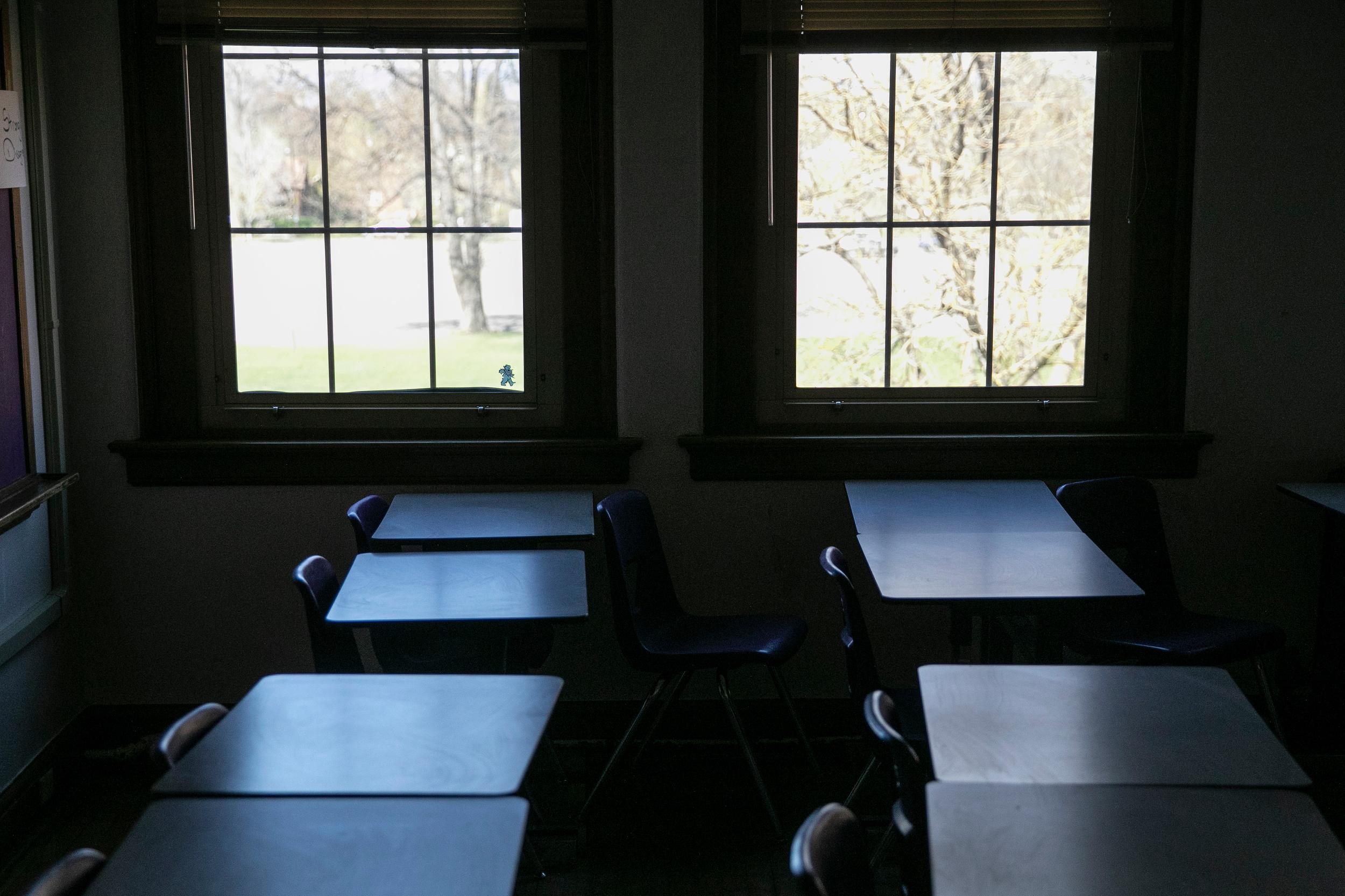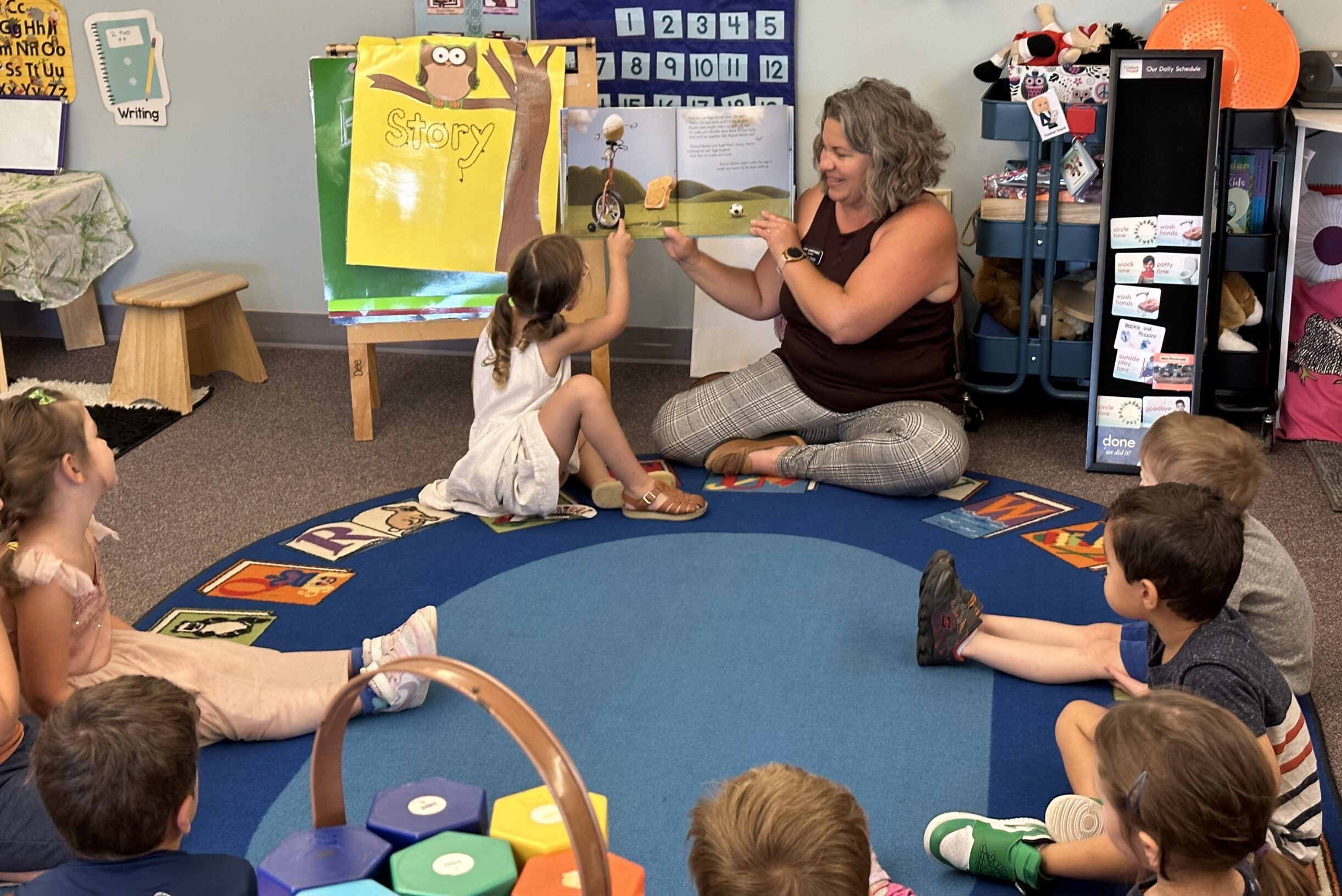
A bipartisan coalition hopes to ask the state’s residents to pass a ballot measure in the fall that they say would help Colorado’s children recover from pandemic-related learning loss and close persistent decades-long academic learning gaps.
If passed, supporters say Colorado would be the first state in the country to build a long-term plan to prevent learning gaps from forming in the first place through after-school and summer programming.
The ballot initiative could provide as much as $1,500 to low-income families to choose from a menu of approved out-of-school learning opportunities including tutoring, extra support for students with special needs, enrichment activities, and career and technical education including training programs, among others.
The initiative, called the Colorado Learning Enrichment and Academic Progress Program, or LEAP, would be funded by a 5 percent tax increase on recreational marijuana sales and by repurposing a portion of revenues from leases, rents, and royalties that are paid for activities on state lands. Backers say it would generate an estimated $150 million in funding each year.
The proposal is backed by a bipartisan team of educators, parents, nonprofit leaders, and state lawmakers.
“For a generation, Colorado has struggled to close the education gap between the rich and poor, between those attending high-performing schools and those not, between those who have access to tutors, technology and other out-of-school tools and those for whom even a little help with homework feels like a world away,” said state Sen. Rhonda Fields, a Democrat from Aurora.
Funding in the program would be prioritized toward low- and middle-income students starting with children and youth who live in households at or below 100 percent of the federal poverty level. The financial aid would be used for a variety of programs that are shown to reinforce in-school learning. Under the measure, instruction in the programs would give students individualized help in areas where they need more focus and attention.
Mike Johnston, a longtime education advocate and CEO of Gary Community Investments, said students in low- and middle-income families typically learn at the same rate during the school year.
“But when summer comes, our middle-class kids continue to grow their learning by the summer experiences they have, and our low-income kids drop off dramatically … And when you compound that over 10, 11, 12 years, those gaps get bigger and bigger,” he said.
- Even As Colorado Lawmakers Want To Limit Them, The Debate Is Still Out On The Value Of Standardized Tests This Year
- High Schools Want ‘Kids Back In Sports’ But The Pandemic Precautions Vary District To District
- Months Into the Pandemic, Colorado Educators Are Still Struggling With How To Best Support Their Students’ Learning And Mental Health
He said the measure, which would initially serve an estimated 150,000 children, would put Colorado on a long-term trajectory where all children and youth have equal access to opportunity.
The pandemic has laid bare the deep inequities in the education system, exacerbating learning gaps, and placing low-income children further behind in their schooling, according to several reports on learning loss. Across the country, educators and others are worrying about how to make up for two years of disruption to students’ academic, social, and developmental experiences.
“Many of the top-performing students in the top-performing high schools that will attend top colleges and universities have benefited from a tutor in math or science, specialized preparation for the ACT and SAT, or a writing coach,” said state Sen. Bob Gardner, Republican from Colorado Springs. “We want this same advantage for every single student in Colorado.”
Under the ballot measure, providers of tutoring and other out-of-school services would undergo a certification process to ensure quality and accountability. School districts would be pre-certified as providers, and teachers would be given priority approval to become qualified providers. The money raised under the proposal could not be used to replace normal school operations or to pay for school tuition.
Proponents point to a number of studies validating the strength of tutoring and other out-of-school programs in improving academic outcomes and closing learning gaps.
“There’s a large but informal infrastructure of private and nonprofit organizations already providing this kind of out-of-school support at the neighborhood and community level,” said Tony Lewis, president of the Donnell-Kay Foundation, and a key architect of the program. “The goal of the LEAP Program is to give this educational and enrichment infrastructure even more scale – to create an army of and out-of-school educators who are just a phone call or a click away.”
The ballot measure has been filed with the Colorado Legislative Council and is expected to be heard by the title board later this month to decide on the final language for the proposal. The measure would then need signatures from thousands of Coloradans before it is placed on the ballot.









